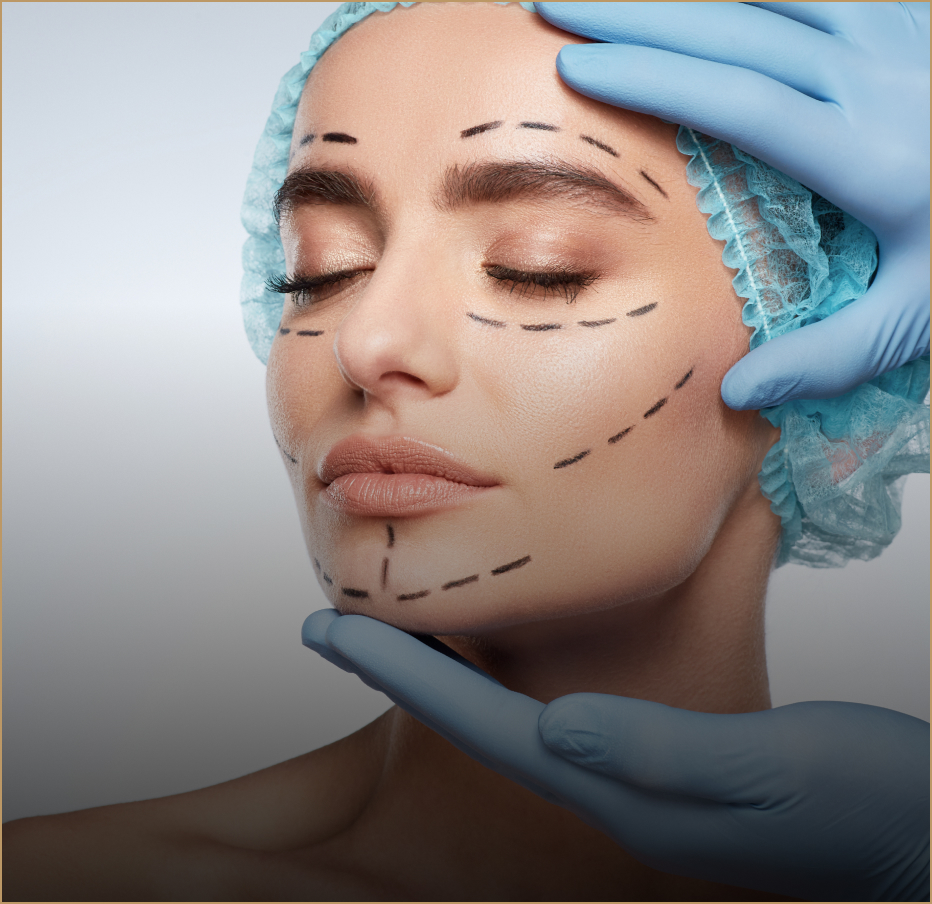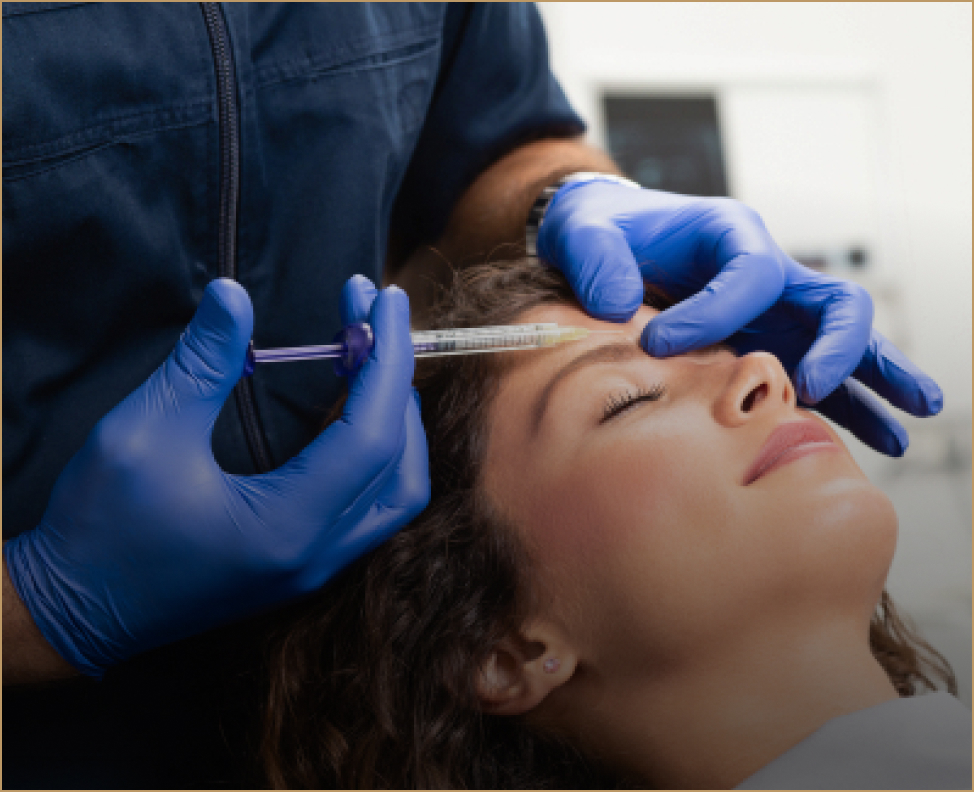At Quintessa Aesthetic Centers in Delafield, Brookfield, Mequon, Middleton, and Sheboygan, our professionals offer a range of chemical peels to help rejuvenate your skin. Understanding what a chemical peel is, how it works, and which type is right for you is essential for achieving the best results. Here’s everything you need to know about chemical peels, from their benefits to how to select the right one for your unique skin type.
What Are Chemical Peels?
Chemical peels are a popular treatment option used to exfoliate the skin, stimulate cell turnover, and promote the production of healthy new skin cells. Essentially, they involve applying a specially prepared solution to the skin that causes the top layers to peel away. This process helps to improve the skin’s texture, reduce the appearance of fine lines and wrinkles, and address concerns like acne and uneven pigmentation.
How Do Chemical Peels Work?
To understand how chemical peels work, it’s important to know a bit about skin anatomy. The outermost layer of the skin, called the stratum corneum, is made up of dead skin cells that serve as a protective barrier. Over time, the process of shedding these dead cells slows down, leading to a buildup of dull, dry skin. Chemical peels use a solution to break down the bonds between skin cells, allowing older cells to slough off and revealing fresh, healthy skin underneath.
In addition to promoting cell turnover, chemical peels stimulate collagen production, which supports the skin’s structure and reduces the appearance of wrinkles. Depending on the type of peel, they can also address issues like acne, pigmentation, and overall skin texture.
Types of Chemical Peels
There are many types of chemical peels, and the right one for you depends on your skin type and the results you’re looking to achieve. Some of the most common options include:
- Jessner’s Peel: A medium-depth peel that can provide significant exfoliation and is often followed by the application of a trichloroacetic acid (TCA) solution. This peel can cause a burning sensation, but the discomfort is managed with the use of a cooling device.
- MicroLaserPeel: An alternative to a medium-depth peel that uses an Erbium laser to achieve similar or even superior results with less downtime.
- Sensi Peel: Ideal for people with darker skin tones or sensitive skin, this peel contains a lower concentration of TCA, along with ingredients like Kojic acid to even out skin tone.
- Vitalize and Rejuvenize Peels: These peels contain a combination of alpha hydroxy acids (AHAs) and beta hydroxy acids (BHAs) to gently exfoliate the skin without causing too much peeling.
- Illuminize Peel: The most superficial peel, designed to be gentle while still providing a glow to the skin.
How to Choose the Right Chemical Peel
Choosing the right chemical peel depends on a variety of factors, including your skin type, your goals, and how much downtime you can afford. One helpful tool for determining your skin type is the Fitzpatrick scale, which ranges from Type I (very light skin that burns easily) to Type VI (very dark skin that rarely burns). People with darker skin tones need to be careful with peels, as some can cause uneven pigmentation.
Your skin’s oiliness or dryness is another consideration. Oily skin tends to have larger pores and more blemishes, while dry skin often has smaller pores but more fine lines. Sensitive skin, which can become irritated easily, requires milder treatments.
Post-Peel Care and Recovery
What happens after your peel depends on its depth. All peels, even superficial ones, can cause some redness and scaling. Medium-depth or deep peels may result in blistering or swelling. Your doctor will recommend moisturizers, balms, or ointments to help your skin heal.
It’s important to follow your doctor’s aftercare instructions and attend any follow-up visits to ensure your skin is healing properly. In some cases, multiple peel treatments are necessary to achieve the desired results.
Frequently Asked Questions
The timing of your return to lifeguarding depends on the type of chemical peel. For a superficial peel, you may apply sunscreen and return the following day. However, deeper peels may require 3 to 7 days of downtime. Even after healing, you should wear a wide-brimmed hat and use strong sunscreen to protect your sensitive skin.
Yes, certain peels, like salicylic acid peels, can improve the texture and discoloration of the upper chest. Fractionated laser treatments or Ultherapy are also effective options for chest rejuvenation and wrinkle reduction.
Dermabrasion and chemical peels can produce similar results, but the depth of treatment determines the outcome. Superficial dermabrasion is comparable to superficial chemical peels, while deeper treatments provide more significant results.
The timing depends on the depth of the peel. Superficial peels may require multiple treatments for full effect, while deeper peels can provide long-lasting results after one session. Deep peels might require weeks or even months for complete recovery and final results.
Yes, chemical peels can improve the skin’s ability to absorb products, including bleaching creams. By exfoliating the surface, peels help ingredients penetrate deeper, improving results faster than without exfoliation.
Yes, some peels can be used on the body, such as salicylic acid peels, but lasers or light treatments are often more effective for pigmentary issues on larger areas like the legs.
The duration of results depends on the depth of the peel. Superficial peels may require regular maintenance treatments, while deeper peels can provide long-lasting improvements. Proper skincare and sun protection are essential for maintaining results.
Chemical peels are controlled treatments, and when performed by experienced professionals, they are safe. Mild peeling mimics a controlled burn that allows the top layer of skin to slough off, revealing healthier skin beneath. Deeper peels can cause more visible peeling and require a longer recovery.
Chemical peels penetrate deeper than at-home exfoliants like sugar scrubs. They can be combined with other treatments to maximize skin rejuvenation, providing results that cannot be achieved with over-the-counter products.










